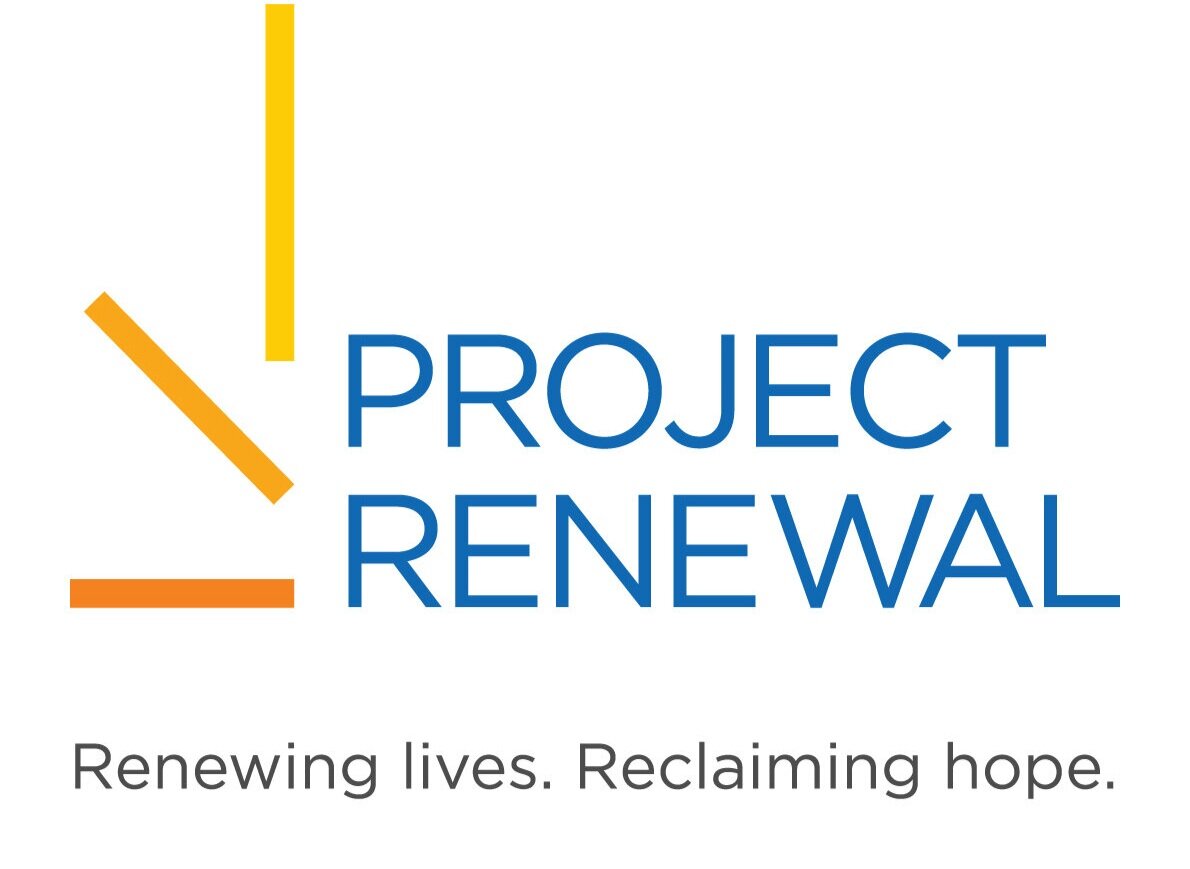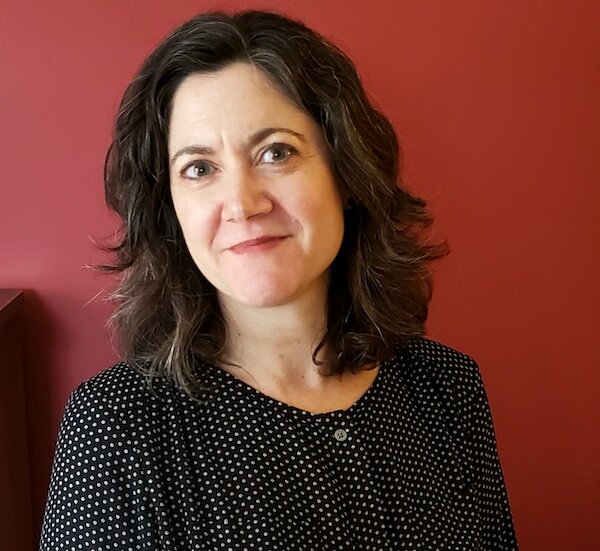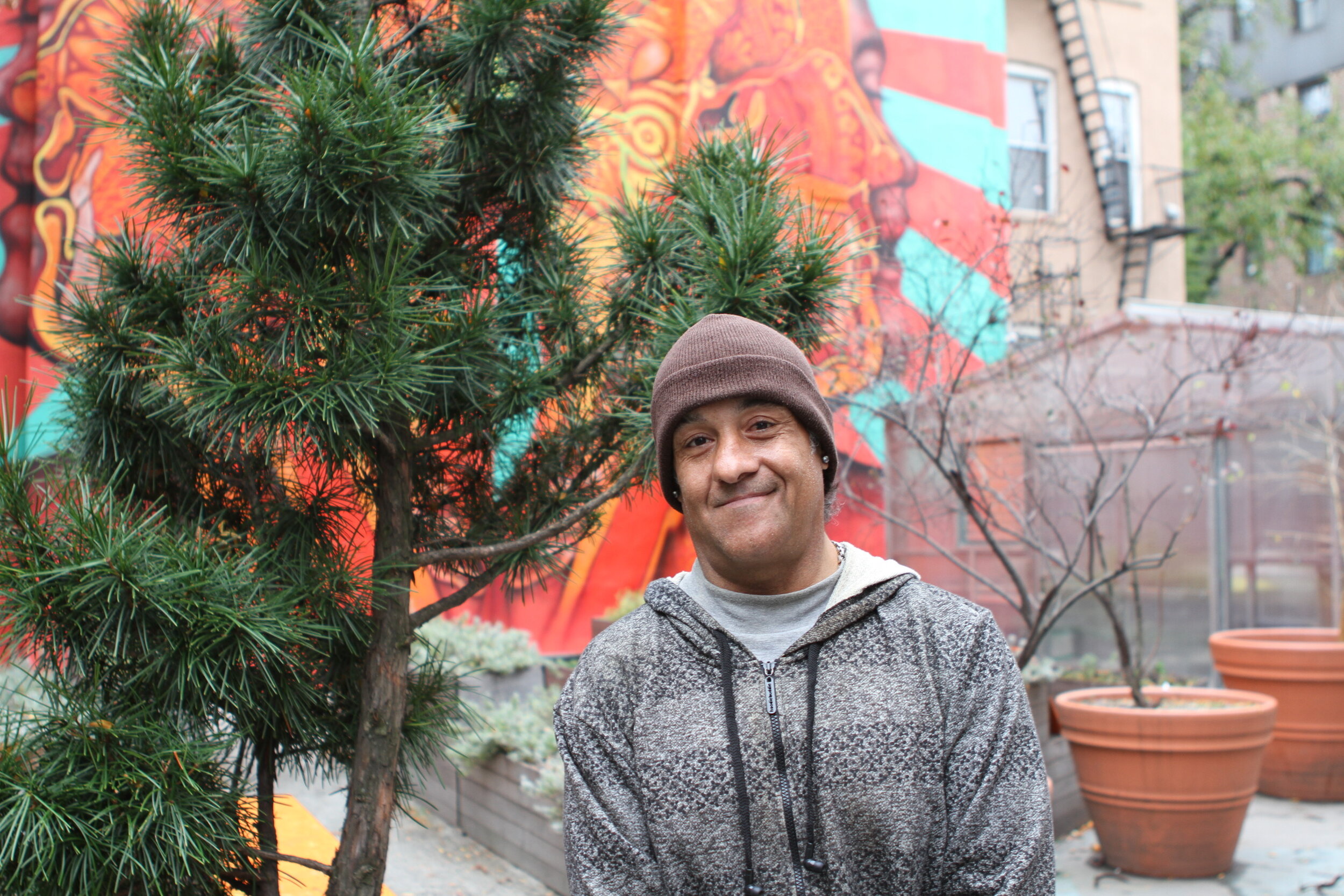Why are Project Renewal’s health care programs crucial in the larger battle against COVID-19 in New York City?
Project Renewal is keeping people out of emergency rooms, which is saving hospitals valuable resources. We’re providing care in out-patient settings for people with COVID-like illness and chronic conditions associated with homelessness. These are patients who have nowhere else to go and would otherwise end up in the ER.
What do Project Renewal’s health care and housing providers need most—and how can people help?
We’re most in need of surgical masks—though we can also use N95 masks—as well as gloves, hand sanitizer and sanitizing wipes. There isn’t enough to go around right now. The media is focused, appropriately, on the need for personal protective equipment (PPE) in hospitals. But our health care and shelter staff desperately need PPE too, in order to stay safe, keep stabilizing people, and limiting hospitalizations. To donate PPE, email Kelsey Petrone at Kelsey.Petrone@projectrenewal.org.
How is Project Renewal’s mobile medical van program helping fight COVID-19?
Ours is one of the only mobile medical van programs in the region that continues to operate. We’re committed to it because it serves not only our own programs that don’t have on-site health care, but also partner agencies that serve vulnerable people. We regularly see patients with COVID-like symptoms on the van now, but we’re able to prevent many of those with mild or moderate symptoms from going to the hospital. In some cases, we connect them to one of the NYC Department of Homeless Services’ (DHS) 500 isolation beds. But the van is a confined space, so we need more PPE to protect our staff and ensure the program continues through the pandemic.
Why is the shelter system high-risk for COVID-19?
Shelters are congregate settings, so physical distancing is challenging. These are City-owned buildings with small spaces, narrow hallways, and clients sleeping in dorms—not ideal for being six feet apart at all times. Additionally, people experiencing homelessness are much more likely to have underlying medical conditions that place them at higher risk, as well as mental health and substance use disorders that can affect their adherence to guidelines, like distancing.
Despite those challenges, what is Project Renewal doing to try to limit coronavirus transmission at its shelters?
We’re enabling physical distancing as much as we can. We’re limiting programming that keeps people congregated, disseminating information through flyers and individual meetings, and staggering mealtimes to reduce numbers eating at one time. We have created isolation spaces where clients who exhibit symptoms can wait comfortably while we facilitate their transfer to a DHS isolation bed.
How else is Project Renewal helping shelter clients and housing residents get through this crisis?
We’re coming up with activities people can do without congregating, since boredom can add to agitation. Our occupational therapy department is doing mindfulness activities, especially targeting those with mental health issues and substance use disorders who would benefit most from stress management. We’ve created lists of clients with high-risk medical conditions that increase their chances of severe illness if they were to contract COVID, and we’re working with housing staff to ensure they’re being seen preemptively by our health care team.
How has Project Renewal adapted its mental health services in response to COVID-19?
We’re now doing psychiatric evaluations and medication management by tele-psychiatry. Ensuring that we can continue to provide these services uninterrupted is another way that we are stabilizing and treating people with mental illness, so they don’t go to the ER for things like medication refills. With tele-psychiatry, we are able to continue these services while many of our psychiatry providers are in quarantine or self-isolating. We originally had three providers doing tele-psychiatry or telephonic visits; now we have 16.
About Dr. Allison Grolnick:
Dr. Grolnick is Project Renewal’s Chief Medical Officer and has been with the organization since 2007, previously serving as Medical Director of Psychiatric Services and Medical Director of the Mobile Psychiatric Outreach Program. She currently oversees Project Renewal’s Healthcare Services Department, which includes primary care, addiction and substance use, psychiatry, and nursing services—supported and delivered by about 200 staff members. Dr. Grolnick earned her medical degree at the University of Medicine and Dentistry of New Jersey/R.W. Johnson Medical School and completed a Psychiatry Residency Training Program at The Mount Sinai School of Medicine. Following residency, she went on to complete a Public Psychiatry Fellowship at the New York State Psychiatric Institute at Columbia University Medical Center.






















